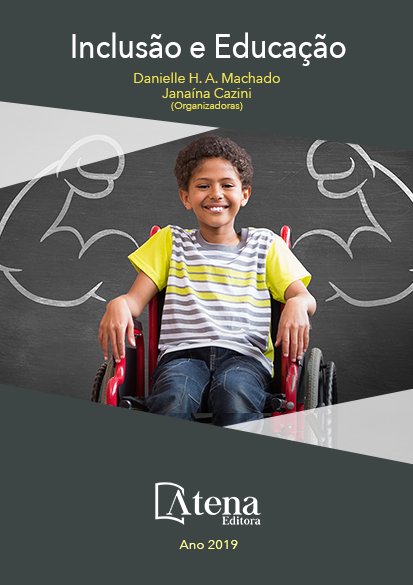
EDUCAÇÃO SUPERIOR BRASILEIRA: EXPANSÃO E CONTRADIÇÕES (2003 – 2014)
O ensino superior brasileiro passou
por um forte período de expansão entre os
anos de 2003 a 2014, todavia permeado por
dificuldades e contradições. Isso devido ao
fato de está envolto numa política educacional
de jogo de interesses, configurando-se
como um campo de disputas, pois as visões
sobre ele vão desde um possível projeto de
desenvolvimento nacional, quando visto do
ponto de vista governamental, ou mesmo um
meio de ascensão social e possibilidade de
democratização de direitos, até aos interesses
de mercado, quando analisado do ponto de vista
empresarial. Buscando atender a essa gama
de interesses o governo federal aumentou o
aporte de verbas e lançou programas como
o FIES, o PROUNI e o REUNI. Sendo que os
dois primeiros apresentam um problema, a
saber, a destinação de verbas públicas para
instituições de ensino superior particulares, que
possuem baixa qualidade de ensino, pesquisa
e extensão. Já o REUNI dificulta a pesquisa
e a extensão das Universidades públicas por
conta da sua política de eficiência financeira.
Esses programas geraram assim uma
expansão desqualificada da educação superior.
Objetiva-se nesta pesquisa compreender a
expansão contraditória na educação superior
brasileira. Para tanto, realizou-se uma
análise em documentos de órgãos oficiais e
artigos científicos. Como aporte teórico para
a construção desse estudo destacou-se os
trabalhos de COSTA (2013); MOURA (2014)
e PACHECO (2014). O avanço alcançado
na educação superior brasileira no período
estudado merece destaque positivo, porém
ainda são muitos os problemas enfrentados,
portanto é necessário estudo e conscientização
sobre o quadro passado e atual.
EDUCAÇÃO SUPERIOR BRASILEIRA: EXPANSÃO E CONTRADIÇÕES (2003 – 2014)
-
DOI: 10.22533/at.ed.2921915013
-
Palavras-chave: Educação superior, política educacional, expansão.
-
Keywords: Higher education, educational policy, expansion.
-
Abstract:
Brazilian higher education has
undergone a strong period of expansion between
2003 and 2014, although it is transposed by
difficulties and contradictions. This is due to the
fact that it is embedded in an educational policy
of play of interests, configuring itself as a field of disputes, therefore the visions on it
go from a possible national development project, when seen from the governmental
point of view, or even a means of social ascension and possibility of democratization
of rights, until to the interests of the market, when analyzed from the business point
of view. Seeking to follow this range of interests, the federal government increased
funding and launched programs such as FIES, PROUNI and REUNI. Making the first
two presents a problem, namely the allocation of public funds to private higher education
institutions, which have a low quality of teaching, research and extension. And the
REUNI, on the other hand, makes it difficult to research and expand public universities
because of its financial efficiency policy. These programs generated thus a disqualified
expansion of higher education. The objective of this research is to understand the
contradictory expansion in Brazilian higher education. For that, an analysis was carried
out in documents of official organs and scientific articles. As a theoretical contribution
for the construction of this study, the work of COSTA (2013) was highlighted; MOURA
(2014) and PACHECO (2014). The progress made in Brazilian higher education during
the period under study deserves a positive note, but there are still many problems that
have to be faced, so there is a need the study and raise awareness about the past and
current situation.
-
Número de páginas: 25
- Cleiton Leite Barbosa


